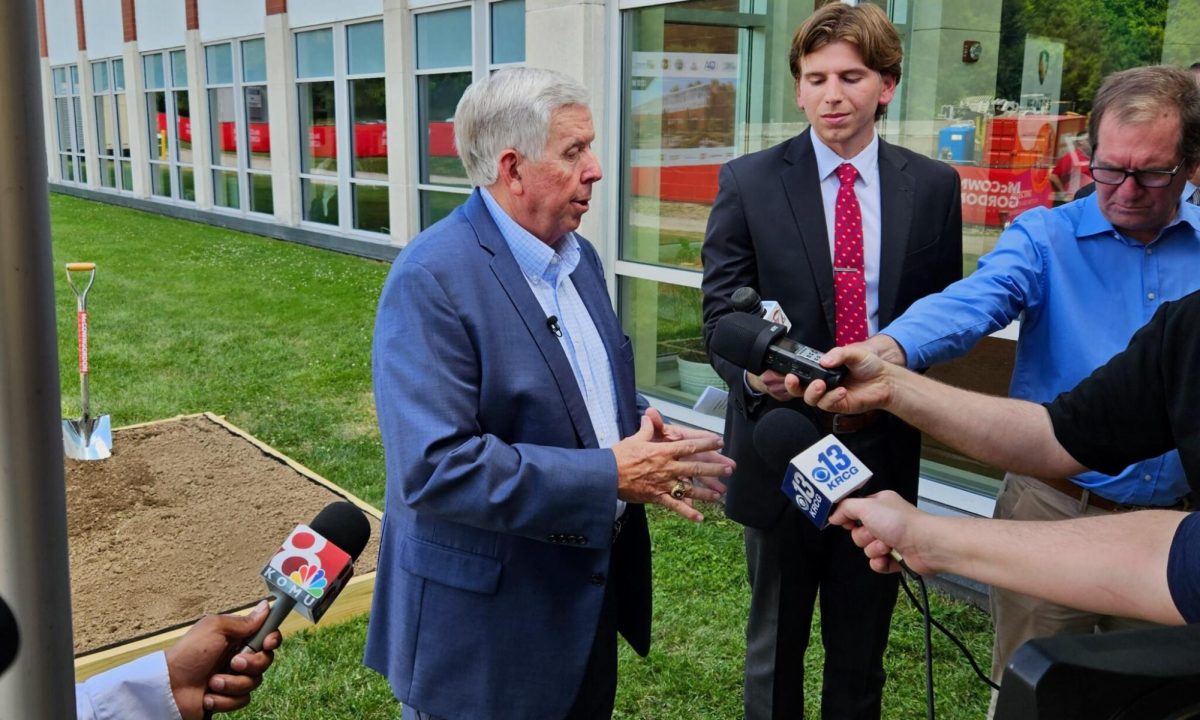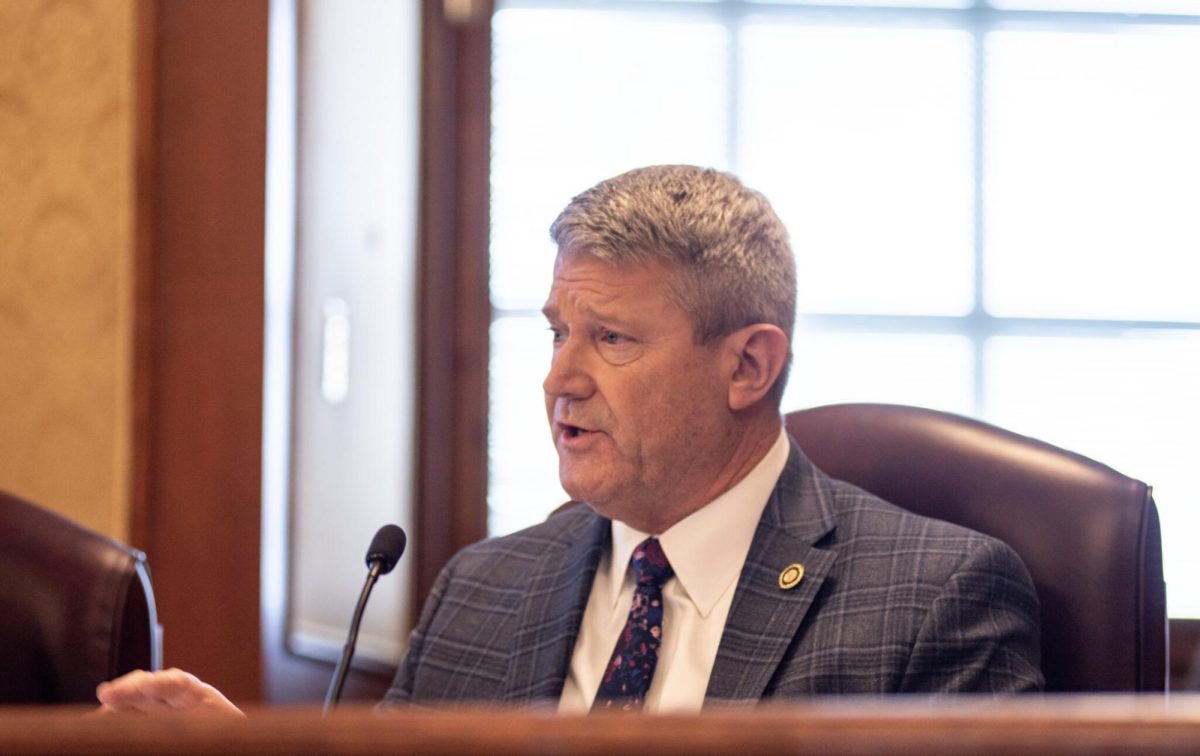With daylight saving time arriving March 10, a House committee heard a bill Wednesday that would stop the clock once and for all.
If passed, it would align Missouri with a group of 19 other states intent on making the “spring forward” section of the year, from March to November, the permanent year-round time.
On March 10, most Americans will wake an hour earlier in accordance with the shift from standard time to daylight saving time. This shift, first meant to conserve electricity during World War I, allows for more hours of sunlight after the workday.
Rep. Darin Chappell, a Rogersville Republican, refuted the often-quoted fact that daylight saving time is beneficial for agriculture, saying the claim was “one of the dumbest things ever.”
“The whole idea that this is for the farmers is ridiculous. We got up when it was light and we went to bed when it was dark. Doesn’t matter what the clock says, we were out working when we could,” Chappell said.
His voice was among many on the committee who shared the sentiment that no one wants to change their clock two times a year. Other legislators mentioned an increase in workplace and traffic fatalities correlated with a shift in the clock.
However, the conversation was complicated by an inevitable question. If we stop changing our clocks back and forth each year, which way do we leave them?
Spring forward or fall back?
Federal law currently allows states to opt out of daylight saving time and return to purely standard time. This would make the “fall back” section of the year, from November to March, the permanent year-round time. Arizona and Hawaii observe standard time year-round, never needing to adjust their clocks.
This federal law, signed in 1966, doesn’t allow states to make daylight saving time permanent, however. This is why the bill heard Wednesday would act as a trigger law, only going into effect if Congress allows it through a federal law.
Rep. Chris Sander, R-Lone Jack, said putting the extra hour of sunlight in the afternoon rather than the morning would be beneficial for business and recreation.
“If you had more daylight in the evening hour after work, you could walk your dog at the park, you could go find bugs on flowers, or you could enjoy other outdoor things,” Sander said.
Currently 19 states, including Missouri’s neighbors Tennessee and Kentucky, have passed similar trigger laws.
Jay Pea, the president of the Save Standard Time organization, disagrees that making daylight saving time permanent would be good for Americans.
His organization argues that standard time is “solar time,” and aligns better with our natural sleep rhythms by making high noon the hour when the sun is highest in the sky.
“Everybody needs morning light, it helps you wake up, be alert and feel good. It helps you feel ready for the day so you can drive safely to work and can perform well, (and so) your kids can do well in school,” Pea said.
He claimed that permanent daylight saving time would offset people from their natural circadian rhythms, doing damage over time. His organization believes even the status quo, where clocks change twice a year, is preferable to permanent daylight saving time.
Despite versions of this bill making progress in past sessions, members that heard the bill Wednesday are not confident that daylight saving time will be ended in Missouri this session.
Both Chappell and South County Rep. Michael Burton, a Democrat from Lakeshire, said there is little hope that the Senate will prioritize a bill like this during the session.
This story originally appeared in the Columbia Missourian.
Missouri Independent is part of States Newsroom, a nonprofit news network supported by grants and a coalition of donors as a 501c(3) public charity. Missouri Independent maintains editorial independence. Contact Editor Jason Hancock for questions: info@missouriindependent.com. Follow Missouri Independent on Facebook and Twitter.























